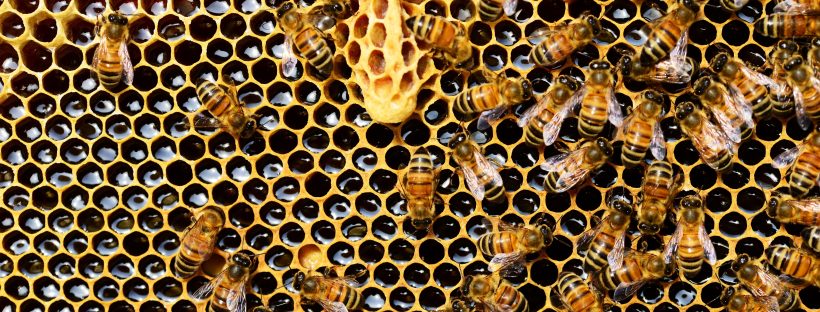The day has come around again to celebrate and raise awareness for our yellow and black buzzing pollinators. Today is World Bee Day, the fourth observance of the holiday, and we’re trying to do our part to help the bees where we can!
With the threat of extinction for bees rising, it’s important to take note of the things we can do as every day people to help protect our pollinators. How can we do more to help the bees you ask? The United Nations lists out so many great and simple ways we as individuals, as beekeepers and farmers and higher-up decision-makers on how we can help keep the bee off the extinction list.
What Can I Do To Help The Bees?
As an individual, here are a few things you can do to “bee” engaged and help protect the bees:
- Plant a diverse set of native plants that flower during different times of the year to give bees more food sources
- Purchase raw honey from local farmers
- Avoid using pesticides, fungicides or herbicides in your personal garden
- Protect wild bee colonies when possible
- Make a bee water fountain/pollinator fountain
Yes, you read that last one right! Building a fountain in your yard is a great way to help protect the bees.

Foraging honeybees collect water to dilute honey, regulate humidity and cool their hive. You can read more about creating pollinator fountains using the OASE Quintet or by creating shallow rocked areas in a Pond-free waterfall to give bees a perfect spot to rest and get a drink in our blog: Add a Water Feature and Save the Bees.
Because fountains and pond water is chlorine free, bees will choose your water feature to get the clean water they need to survive. If there’s a source of water that stays constant, they might chose to make their hive nearby.
This year, because of COVID-19, the Food and Agriculture Organization of the United Nations (FAO) is organizing a virtual event under the theme “Bee engaged – Build Back Better for Bees” to help prioritize the protection of bees. You can see information on the virtual event at fao.org/world-bee-day.
About the Author:

Caitlyn Winkle
After graduating from the University of Akron, Caitlyn joined Atlantic-OASE in the fall of 2019. Caitlyn manages the social media and online content for the company. She also supports the Atlantic-OASE Professional Contractor (APC) Program and Marketing Departments in creating marketing and advertising strategies and plans.


